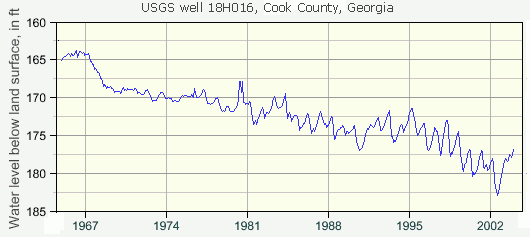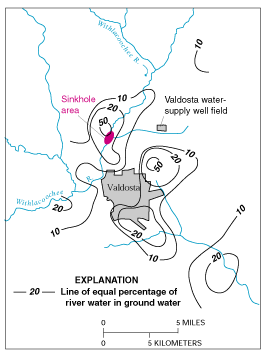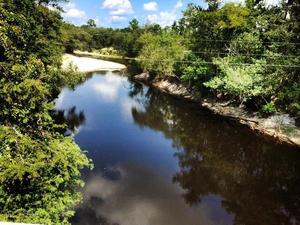 Will Sabal Trail actually move off the Withlacoochee River in Florida?
That depends on how you interpret which version of what Sabal Trail has said
about its seven (7) different proposed fracked methane pipeline
routes through Suwannee County, Florida.
And all but one of the five proposed Georgia routes still would
cross the Withlacoochee River in Lowndes County, Georgia.
Beware that no matter what Sabal Trail says, FERC could pick any of these
routes or some other.
And no matter what FERC says, other agencies, including state and local,
also have to approve permits and other evaluatios of any route,
plus both Spectra Energy and Williams Company have recently “suspended”
or cancelled pipelines as uneconomic.
There is something you and your local elected bodies can do.
Will Sabal Trail actually move off the Withlacoochee River in Florida?
That depends on how you interpret which version of what Sabal Trail has said
about its seven (7) different proposed fracked methane pipeline
routes through Suwannee County, Florida.
And all but one of the five proposed Georgia routes still would
cross the Withlacoochee River in Lowndes County, Georgia.
Beware that no matter what Sabal Trail says, FERC could pick any of these
routes or some other.
And no matter what FERC says, other agencies, including state and local,
also have to approve permits and other evaluatios of any route,
plus both Spectra Energy and Williams Company have recently “suspended”
or cancelled pipelines as uneconomic.
There is something you and your local elected bodies can do.
Amber Vann wrote for the Suwannee Democrat 19 September 2014, Gas pipeline concerns continue, Continue reading











